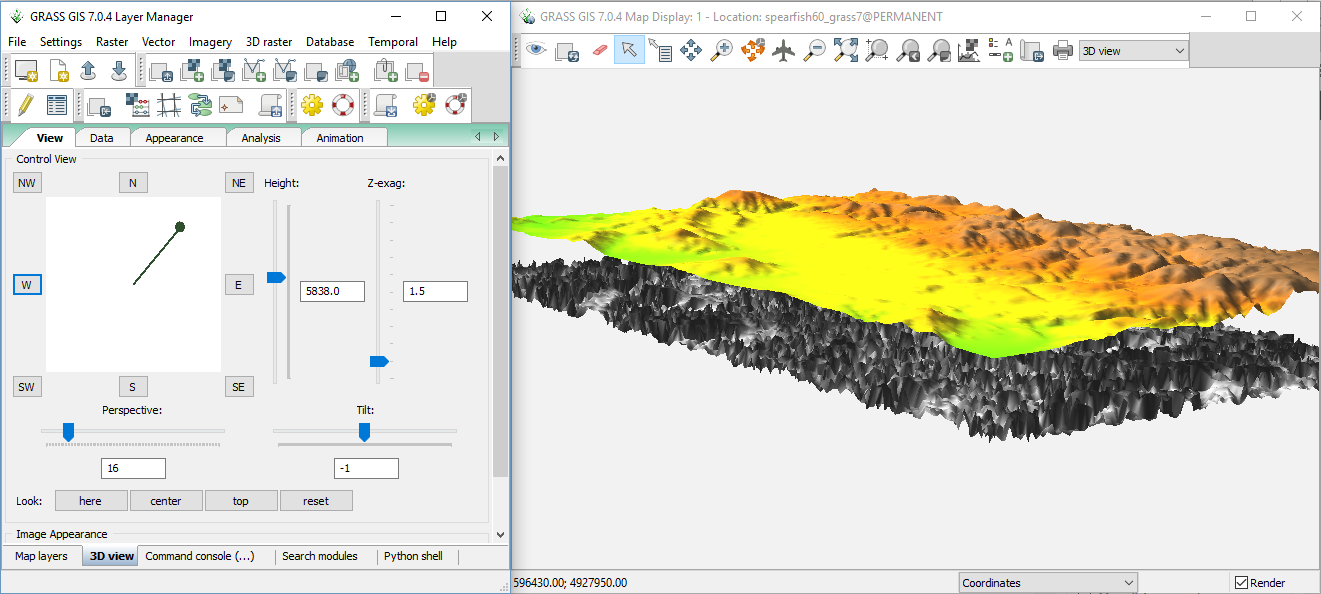

The ‘CLI vs GUI’ debate can be adversial but it does not have to be both options can be used interchangeably, depending on the task at hand and the user’s skillset. You can do something on the command line in a fraction of the time you Of flexibility and power waiting for you with the command line. That’s good, but there is a tremendous amount

With the advent of ‘modern’ GIS software, most people want to point andĬlick their way through life. This means many GIS users miss out on the advantages of the command-line according to Gary Sherman, creator of QGIS ( Sherman 2008): You can interact with GRASS, QGIS, SAGA and gvSIG from system terminals and embedded CLIs such as the Python Console in QGIS, but ‘pointing and clicking’ is the norm. In dedicated GIS packages, by contrast, the emphasis tends to be on the graphical user interface (GUI). This way of interacting with the computer is called a command-line interface (CLI) (see definition in the note below).
CODING IN GRASS GIS CODE
You type commands and hit Enter (or Ctrl+Enter if writing code in the source editor in RStudio) to execute them interactively. 11.5.2 Spatial tuning of machine-learning hyperparametersĪ defining feature of R is the way you interact with it:.11.4 Introduction to (spatial) cross-validation.11.3 Conventional modeling approach in R.



 0 kommentar(er)
0 kommentar(er)
